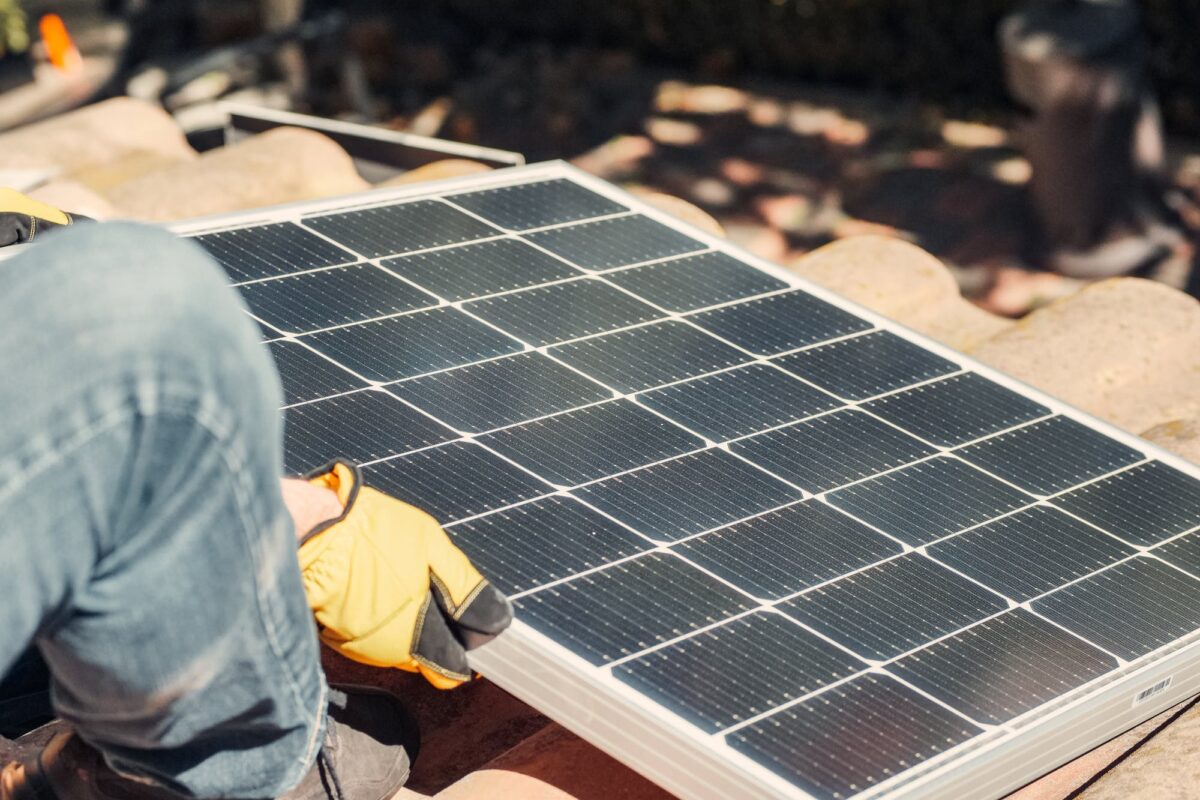Following release of the Senate Finance Committee’s draft text of the One Big Beautiful Bill, leaders of industry groups Solar Energy Industries Association (SEIA), American Council on Renewable Energy (ACORE) and Coalition for Community Solar Access (CCSA) agree the the bill, as written, will halt the progress of an industry that has sparked a new American industrial revolution.
The bill will “pull the plug on homegrown solar energy and decimate the American manufacturing renaissance,” said Abigail Ross Hopper, president and CEO of SEIA.
SEIA estimates that announced investments in U.S. solar manufacturing now total $45.8 billion since the IRA was enacted in 2022.
“Despite modest improvements on several provisions, this legislation does not go far enough to remove the threat to one of the greatest economic success stories in American history,” Hopper said. “This bill makes it harder to do business in America for U.S. manufacturers and small businesses and will undoubtedly lead us to an energy-strained economy with higher electric bills over the next five years.”
ACORE president and CEO Ray Long calls the draft “a premature rollback of solar and wind tax credits.”
SEIA estimates that 3.8 million job years will be lost by 2035 if the energy credits are cut. Long said that “without changes, this bill will increase energy prices for consumers, threaten thousands of good-paying jobs, and all but guarantees we forfeit the AI race to China.”
Some of the energy provisions are improved in the draft, according to Jeff Cramer, president and CEO of CCSA, but he said that overall it would “weaken America’s energy leadership, deter billions in private investment, and hinder our ability to compete on the world stage. As other nations rapidly scale to meet growing power needs—especially in the global race for AI and advanced manufacturing—this bill risks destabilizing U.S. markets and ceding strategic ground to our adversaries.”
SEIA forecasts that the U.S. could see 500 GW of new solar capacity coming online by 2035, yet the bill as proposed by the Senate Finance Committee, jeopardized projects before they’ve begun, Cramer said.
“The result will be stalled growth, job losses, and higher electricity prices for families and small businesses across the country,” he said.
The window is closing fast, Cramer noted, “but there’s still time to get this right.” The draft must be voted on by the Finance Committee, then to the full Senate for a vote. The House will then have an opportunity to change, accept or reject the bill.
“We’re encouraged by efforts from some Senators to improve the bill, and we remain committed to working with Congress to ensure the final legislation strengthens domestic energy markets and delivers affordable, reliable power to Americans,” said Cramer.
“Congress has a narrow window to get this right,” said Long. “We urge lawmakers finalize a bill that utilizes all energy technologies, and honors existing pro-growth policies essential for strengthening American competitiveness.”
“There’s still time to fix this so that solar and storage can continue to lower energy costs for families and business and ensure the United States wins the AI race against China,” Hopper said. “We call on the U.S. Senate to amend the Finance Committee proposal and unleash American energy dominance.”
“Let’s be clear about who will pay the price if this bill becomes law,” said Hopper. “Americans’ electric bills will spike, American workers will be laid off, American factories will shutter, American communities will suffer blackouts, and American lawmakers will forfeit the AI race to China.”
This content is protected by copyright and may not be reused. If you want to cooperate with us and would like to reuse some of our content, please contact: editors@pv-magazine.com.









By submitting this form you agree to pv magazine using your data for the purposes of publishing your comment.
Your personal data will only be disclosed or otherwise transmitted to third parties for the purposes of spam filtering or if this is necessary for technical maintenance of the website. Any other transfer to third parties will not take place unless this is justified on the basis of applicable data protection regulations or if pv magazine is legally obliged to do so.
You may revoke this consent at any time with effect for the future, in which case your personal data will be deleted immediately. Otherwise, your data will be deleted if pv magazine has processed your request or the purpose of data storage is fulfilled.
Further information on data privacy can be found in our Data Protection Policy.